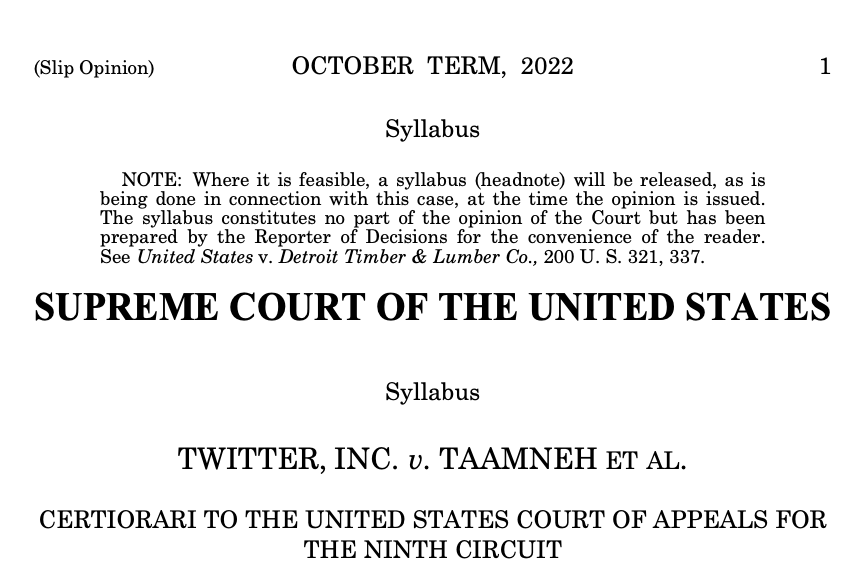$15 Billion EV Plant On Hold: Honda's Response To Market Challenges In Ontario

Table of Contents
The Economic Factors Behind Honda's Decision
Several significant economic factors contributed to Honda's decision to put its massive EV plant project on hold. These factors highlight the complex interplay between global economic conditions and the feasibility of such large-scale investments.
Inflation and Rising Material Costs
Soaring inflation has significantly impacted the projected costs of the EV plant. The escalating prices of raw materials needed for EV production have made the project financially less viable.
- Battery Component Costs: The price of lithium, cobalt, and nickel – crucial components in EV batteries – has skyrocketed in recent years, increasing manufacturing costs substantially. Industry reports indicate a 200% increase in lithium carbonate prices since 2020.
- Steel and Aluminum Prices: The cost of steel and aluminum, essential for the vehicle chassis and body, has also experienced dramatic increases due to global supply chain disruptions and increased demand.
- Supply Chain Disruptions: Ongoing supply chain bottlenecks continue to plague various industries, including automotive manufacturing. Delays in obtaining necessary components further contribute to increased costs and project uncertainties.
Government Incentives and Support
The level of government incentives and support offered plays a vital role in the attractiveness of investment locations. While the Ontario government has offered incentives, their adequacy compared to those offered in other jurisdictions, particularly the United States, has been questioned.
- Comparison with US Incentives: The Inflation Reduction Act in the US offers significant tax credits and subsidies for EV manufacturing, making it a more financially compelling location for some automakers.
- Negotiations with the Canadian Government: Reports suggest ongoing negotiations between Honda and the Canadian government to secure more favorable incentives. The outcome of these negotiations could significantly influence Honda's decision on whether to proceed with the project.
Shifting Market Demand
The dynamic nature of the EV market presents another challenge. Unexpected shifts in consumer preferences and rapid technological advancements can quickly render initial projections obsolete.
- Consumer Preferences: Changes in consumer demand for specific EV models or features can impact production planning and overall profitability.
- Technological Advancements: The rapid pace of innovation in battery technology and EV design can make initial investments obsolete before the plant is even operational.
- Competition: Intense competition from established and emerging EV manufacturers adds further pressure, demanding a careful assessment of market share and profitability.
Honda's Official Statement and Future Plans
Honda has officially stated that the project is on hold, citing the need for a comprehensive review of the economic landscape and market conditions. However, the company hasn't ruled out the possibility of resuming the project at a later date.
Honda's Public Response
Honda's official press release emphasized the need for a reassessment of the project's viability given current economic conditions. The company stressed its commitment to its electrification strategy but also highlighted the importance of making responsible financial decisions. The tone of the statement suggests a cautious approach, leaving the door open to future developments.
Potential Alternatives and Future Investments
Honda's decision to postpone the Ontario plant doesn't necessarily mean the abandonment of its EV ambitions in North America. Potential alternatives include:
- Revised Timeline: Honda could opt for a revised timeline, delaying the project until economic conditions improve.
- Alternative Locations: The company may explore alternative locations with more favorable economic conditions or government incentives.
- Strategic Partnerships: Honda might pursue strategic partnerships to share the financial burden and risk associated with large-scale EV manufacturing.
Impact on Ontario's Economy and Workforce
The delay of the $15 billion EV plant carries significant implications for Ontario's economy and workforce.
Job Creation and Economic Growth
The postponed project represents a potential loss of thousands of jobs and a significant blow to Ontario's economic development plans.
- Direct Job Losses: Estimates suggest the project could have created thousands of direct jobs in manufacturing, engineering, and related fields.
- Indirect Job Losses: The delay will also have ripple effects on related industries, such as suppliers and logistics companies, leading to further job losses.
- Economic Impact: The loss of investment will have a significant impact on Ontario's GDP and overall economic growth.
Government Response and Mitigation Strategies
The Ontario government is likely to explore strategies to mitigate the negative impacts of Honda's decision.
- Attracting Alternative Investments: The government will focus on attracting other investments in the automotive sector to offset the potential job losses.
- Reskilling Initiatives: Programs aimed at reskilling and upskilling workers affected by the delay will be crucial.
- Economic Diversification: The incident underscores the need for Ontario to diversify its economy to reduce its reliance on a single sector.
The Future of Honda's $15 Billion EV Plant in Ontario
The decision to put Honda's $15 billion EV plant on hold highlights the considerable challenges facing large-scale EV manufacturing. Inflation, rising material costs, and the competitive global landscape all play a significant role. The potential impact on Ontario's economy and workforce is substantial, necessitating a proactive response from the government. The uncertainty surrounding the project's future underscores the need for a cautious and adaptable approach to large-scale investments in the dynamic EV market. Stay tuned for updates on the status of the $15 billion EV plant project in Ontario, and follow our coverage for the latest developments in Honda's EV strategy and its impact on the Canadian automotive industry.

Featured Posts
-
 Get To Know Jalen Brunsons Wife Ali Marks
May 15, 2025
Get To Know Jalen Brunsons Wife Ali Marks
May 15, 2025 -
 Tonights Nba Game Hornets Vs Celtics Prediction And Betting Analysis
May 15, 2025
Tonights Nba Game Hornets Vs Celtics Prediction And Betting Analysis
May 15, 2025 -
 Court Rules On E Bays Liability For Banned Chemicals Under Section 230
May 15, 2025
Court Rules On E Bays Liability For Banned Chemicals Under Section 230
May 15, 2025 -
 Fatih Erbakandan Kibris Aciklamasi Sehitlerimizin Kaniyla Cizilmis Kirmizi Cizgi
May 15, 2025
Fatih Erbakandan Kibris Aciklamasi Sehitlerimizin Kaniyla Cizilmis Kirmizi Cizgi
May 15, 2025 -
 Dodgers Minor League System A Focus On Kim Outman And Sauer
May 15, 2025
Dodgers Minor League System A Focus On Kim Outman And Sauer
May 15, 2025
